Veer Savarkar: An Inspiring Reflection
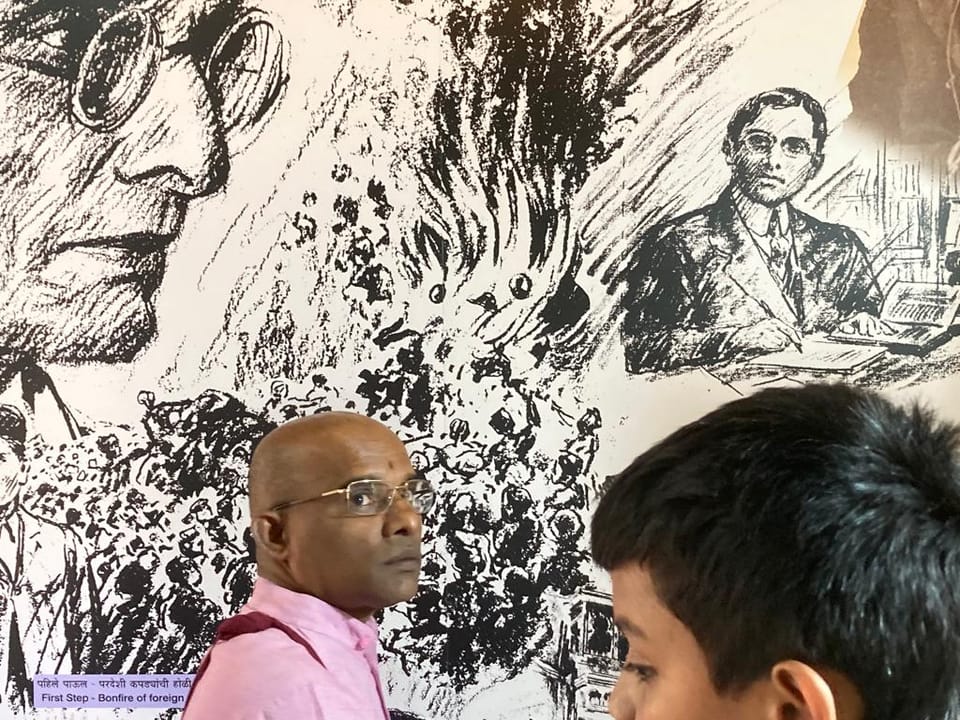
As Madri faced the flames, she was convinced that Kunti's life would pose greater challenges than her own voluntary death. It's certainly glorious to die for a cause, but when you are given a life without resources, burdened with protecting one's children, and constantly under attack by powerful enemies intent on destroying you and your children, it is the most difficult challenge to handle.
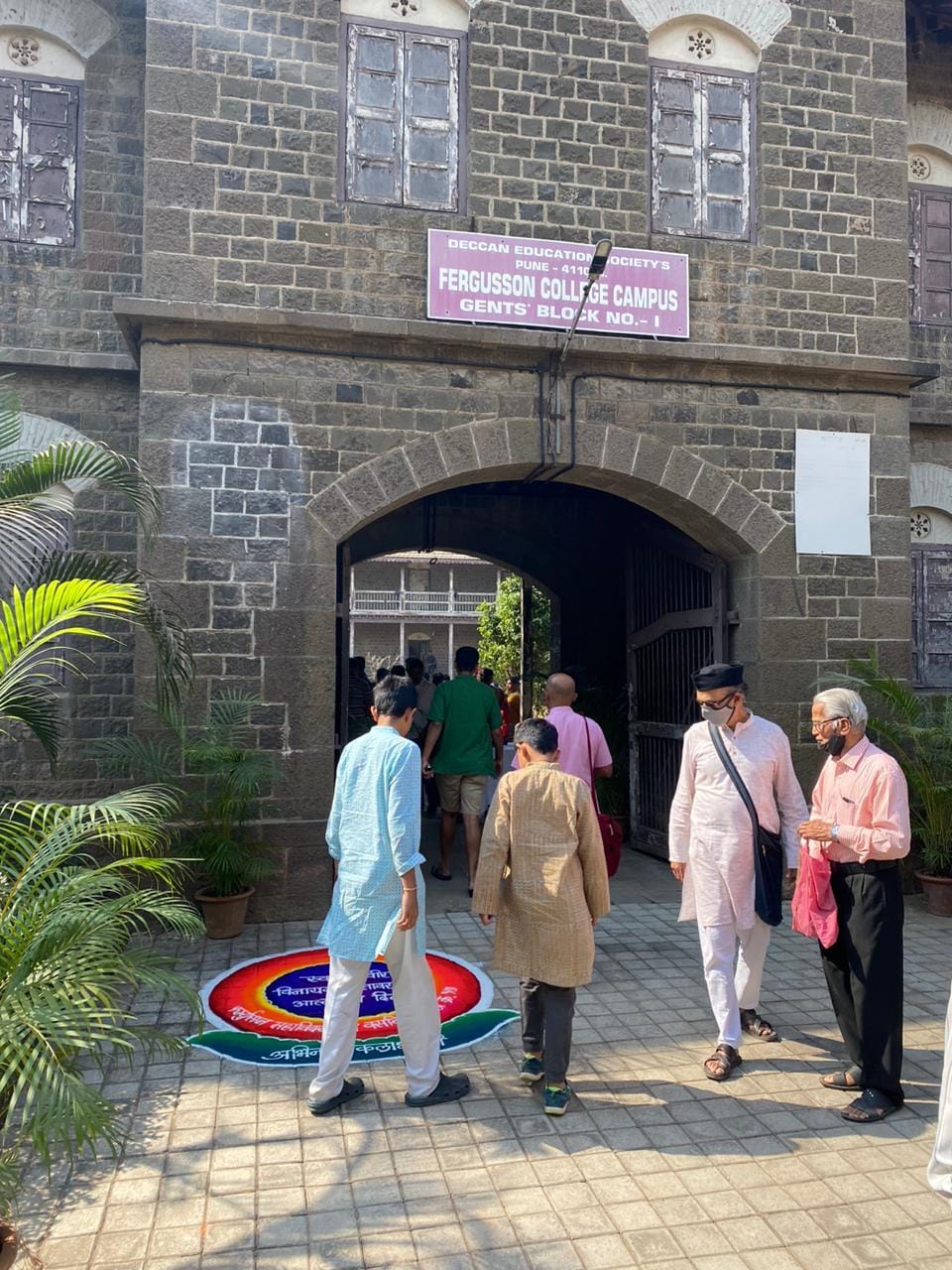
Veer Savarkar was one such person who was forced to live by the British government instead of being allowed to die. While spiritualists may differ on some of Savarkar's ideas, as knowers of Bharatiyata, having affection for Bharatiya culture and being willing to endure limitless pain to uphold it, is praiseworthy. It prompts reflection on one's own contributions when compared to the legacy of Veer Savarkar.
It's quite common among followers to bestow glory, praise, positions, and monuments upon their leaders, often glorifying them more than they deserve, making them larger than life. But Veer Savarkar is still abused by those whose contribution is minuscule while their damage is enormous. He was made into a villain by politically motivated individuals envious of Savarkar's significant contributions.
Imagine one's entire family is destroyed for the sake of freeing Bharat. The punishment is much more gruesome than losing one's life. Veer Savarkar was put in solitary confinement for 6 months, standing with his hands tied upwards. The jailer would only release him at their discretion for meals and restroom breaks.
He was not allowed to see his brother for 9 years, even though they were in the same prison. It was rigorous imprisonment beyond human imagination, lasting not just for one or two days, but for 10 years.
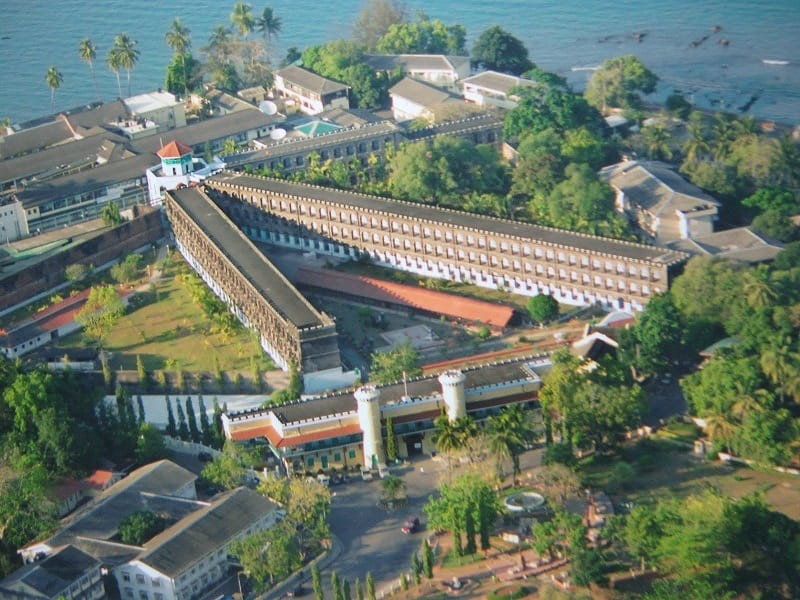
Savarkar could have expected to die by receiving the death penalty, but he was tortured beyond human imagination. It was appropriate to seek release by writing a mercy petition so that he could come out and do something tangible instead of dying bit by bit.
Those who blatantly and viciously abuse the concept of a mercy petition should try enduring just two days in an open place with rotten food, mosquitoes biting, and solitary confinement. Most would not last more than two hours.
He was one of the most dreaded political prisoners for the British, and they sought to keep him alive while attempting to crush his spirit at every turn. But Savarkar, instead of succumbing, kept his spirit alive by compiling books and writing numerous poems.
One of the greatest tragedies and offenses is to glorify ordinary persons as great heroes, while someone who displayed extraordinary spirit goes unrecognized. Moreover, it's even more painful when such individuals are brutally criminalized. This is the painful history of Bharat.
Veera Savarkar’s story challenges all so called leaders of the society to reflect upon their contribution and hung their head down for doing so little and while taking so much glory. One realizes why the movie did not make substantial money because it's not masala-centric; the hero is stuck and loses everything.
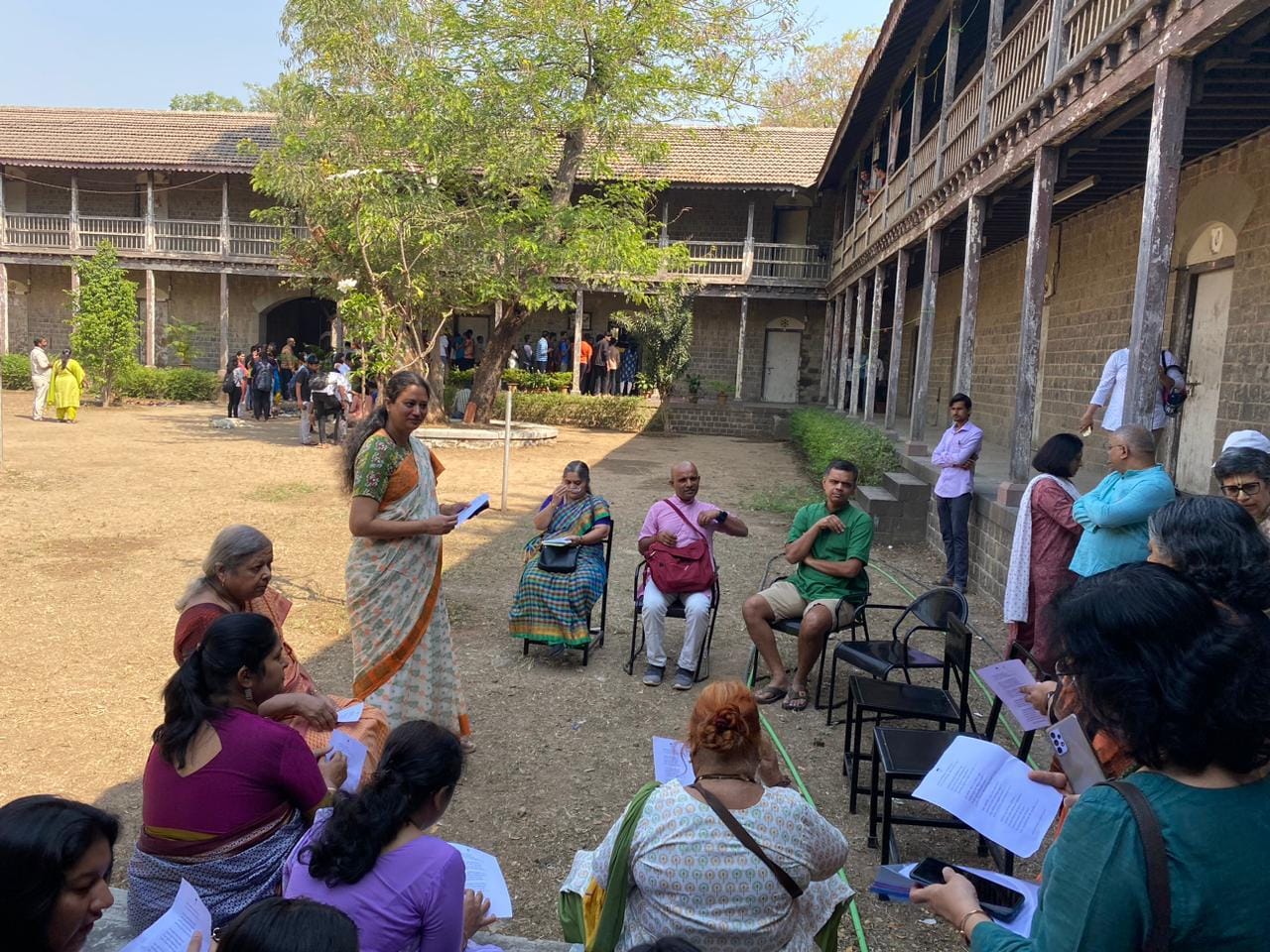
People prefer their nation to entertain them, engaging in nationalism through celebrating victories in cricket matches or political triumphs. It's easier to be such a nationalist when one has nothing at stake.
Veer Savarkar stands tall, challenging us all to be truthful about our intentions and contributions.
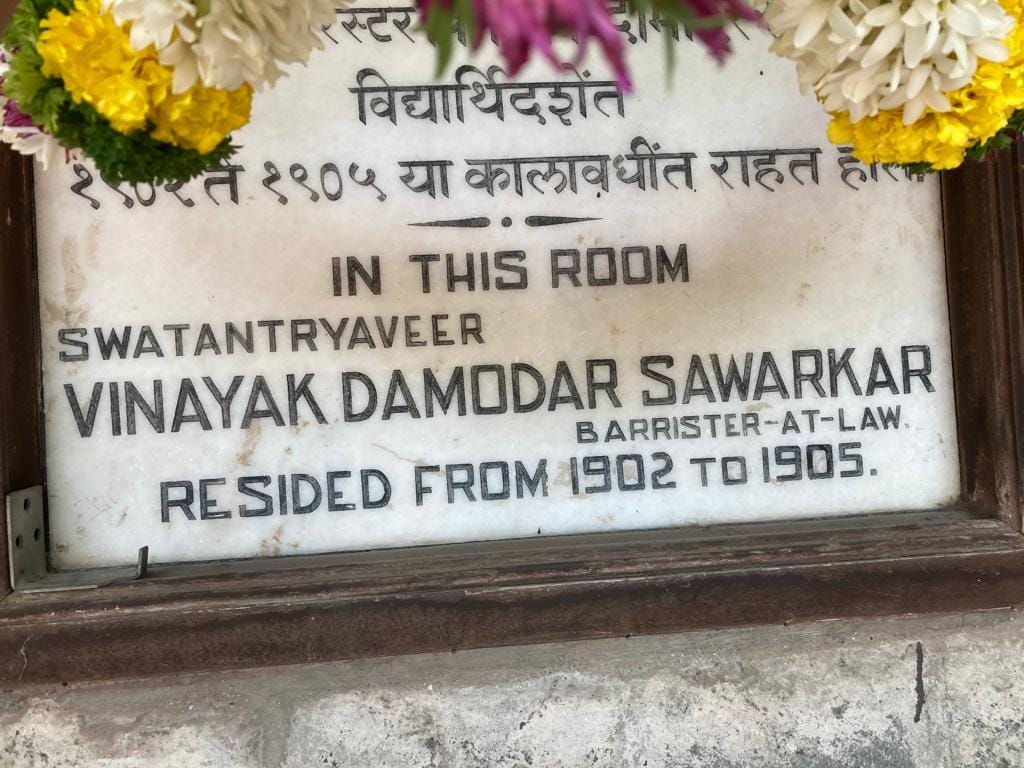






Member discussion